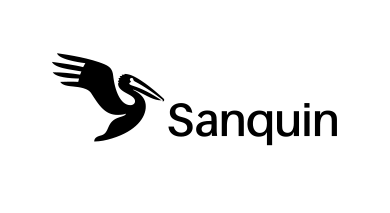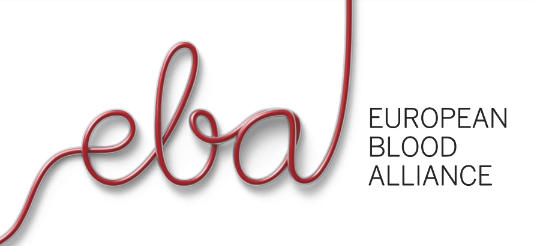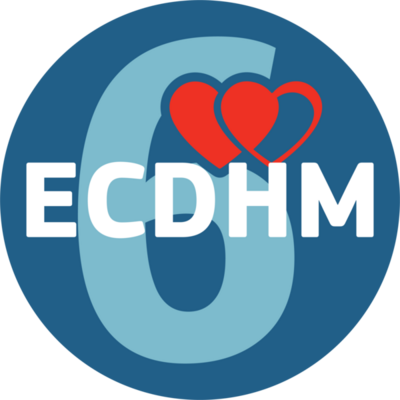ECDHM2025
Dear ECDHM-2025 participants,
We would like to extend our sincere thanks to all of you for making ECDHM, held from 10–12 September in Wijk aan Zee, such a great success! Your engagement and contributions truly made this event memorable. We are pleased to inform you that all approved presentations are available on our website until December 31st. If you would like your presentation uploaded as well, please let us know by replying to this email. You can find the Poster Book and Abstract Book online. Please visit our website to access all materials and photos.
📸 We have also attached several photos and the group photo below: a great memory of our days together! This year’s conference brought together participants from at least 32 countries and 36 different organizations, reflecting the truly international and interdisciplinary nature of our community. We are deeply grateful for your active participation and for the generous support of our sponsors, without them, this event would not have been possible.
We hope to see you again for ECDHM-2027, in Rennes, France!
Katja van den Hurk & Eva-Maria Merz
Hosts of the 6th edition of ECDHM in collaboration with EBA
For questions ecdhm-2025@sanquin.nl


